German Cockroaches
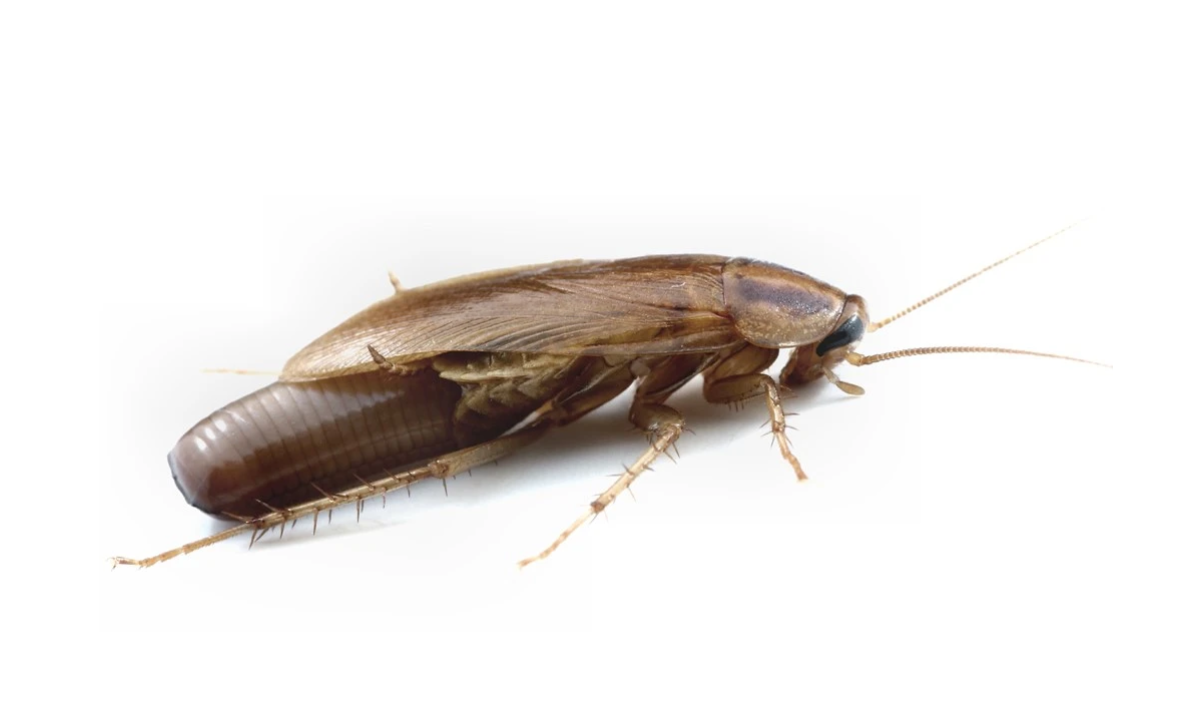
German Cockroaches in Massachusetts
Among the many household pests in Massachusetts, German cockroaches (Blattella germanica) stand out as one of the most difficult to control. Known for their rapid reproduction and ability to adapt to nearly any environment, these small but resilient insects are a serious concern for homeowners. Unlike some pests that only invade occasionally, German cockroaches can establish persistent infestations that are hard to eradicate without professional help.
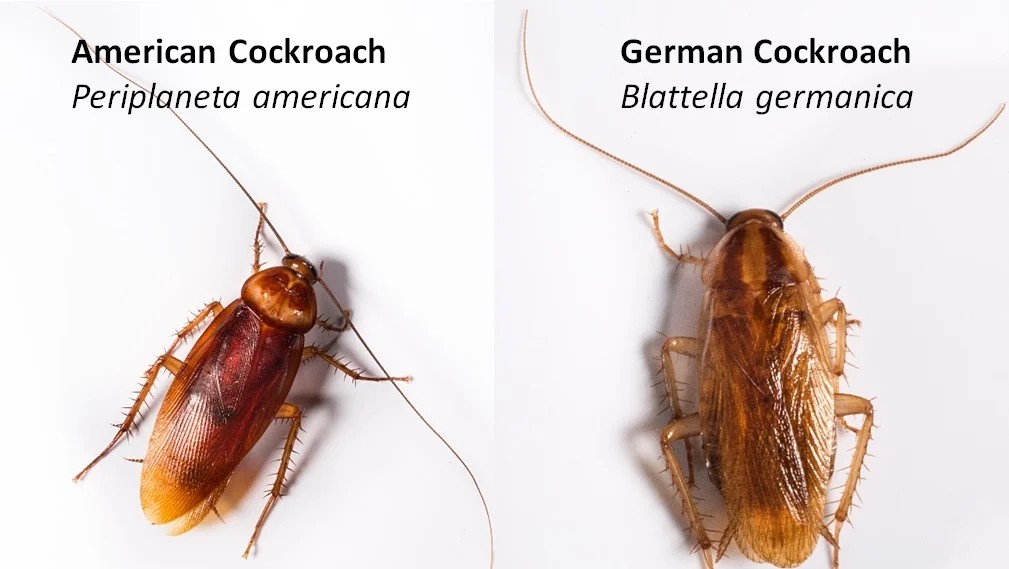
What Are German Cockroaches?
German cockroaches are light brown to tan with two dark parallel stripes running down their backs. Adults measure about ½ to ⅝ of an inch long, making them smaller than most other cockroach species found in Massachusetts. Despite their size, they are prolific breeders—one female can produce thousands of offspring in a single year.
These roaches prefer warm, humid environments close to food and water sources, which is why they are commonly found in kitchens, bathrooms, and other areas where moisture is present.

Why Are German Cockroaches a Problem?
Unlike occasional invaders, German cockroaches pose significant health risks. They are known to:
Spread bacteria including Salmonella and E. coli, contaminating food and surfaces.
Trigger allergies and asthma, especially in children, due to their droppings, shed skins, and saliva.
Multiply rapidly, making infestations harder to control the longer they go untreated.
Their ability to hide in tiny cracks and reproduce quickly makes them a challenge for even the most diligent homeowner.
Where Do German Cockroaches Hide?
These pests are nocturnal and prefer to stay hidden during the day. They seek out:
Cracks and crevices near kitchen appliances
Behind refrigerators, dishwashers, and stoves
Inside cabinets, under sinks, and in wall voids
In cluttered storage areas where they remain undisturbed
Because they are small and flat-bodied, they can squeeze into spaces as thin as a credit card. This makes finding all of their hiding spots difficult without experience and specialized equipment.
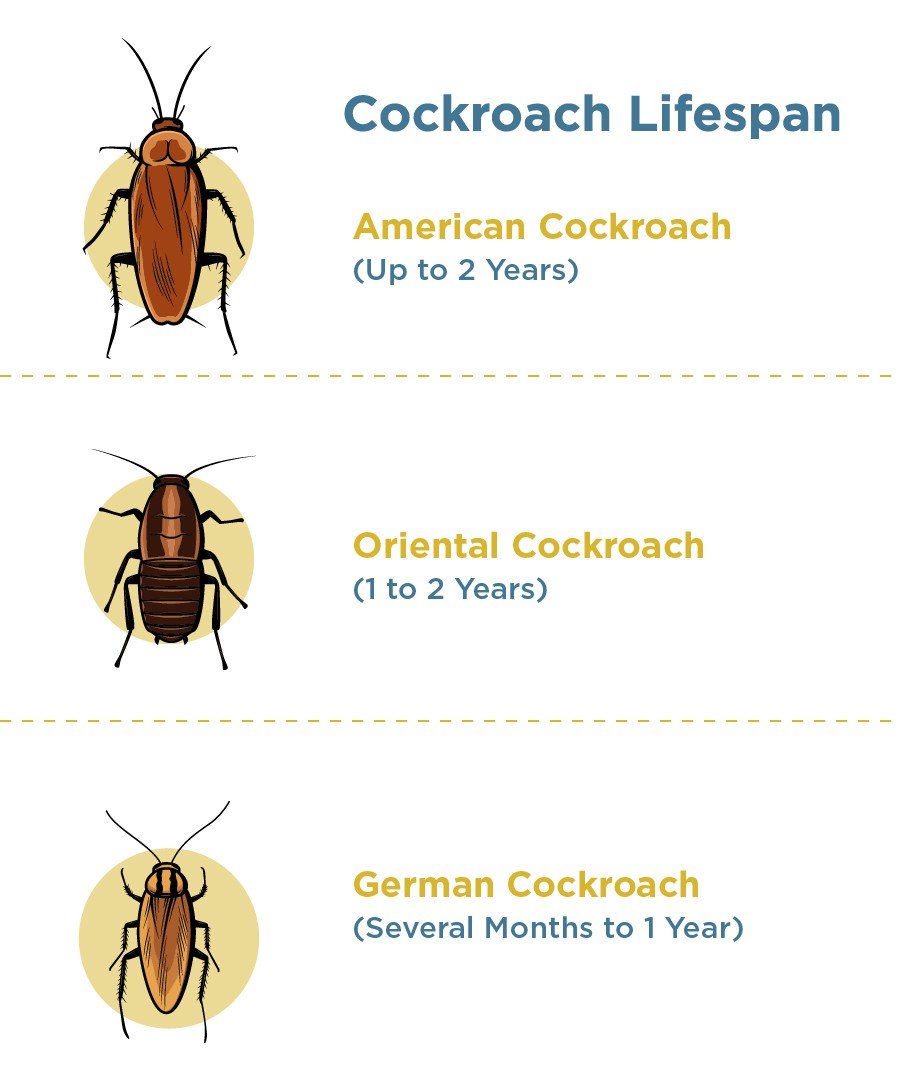
Signs of a German Cockroach Infestation
An infestation can go unnoticed until it becomes severe. Watch for these key signs:
Live roaches seen at night or even during the day (a sign of a large population).
Fecal droppings that resemble coffee grounds or pepper, often found in corners or cabinets.
Egg cases (oothecae) in hidden areas.
A musty, oily odor caused by large numbers of roaches.
If you notice any of these signs, it’s likely the infestation has already progressed.
German Cockroaches vs. Other Roaches
While Massachusetts also has species like the American cockroach and Oriental cockroach, German cockroaches are the most common household invader. Unlike the larger American cockroach, which prefers basements and sewers, German roaches thrive indoors, especially in kitchens. Their dependence on human environments makes them a year-round issue.
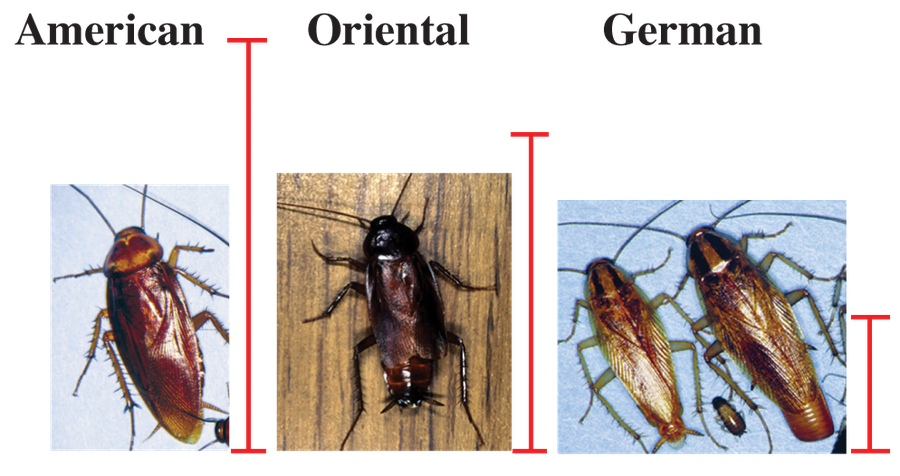
Why Are They So Hard to Get Rid Of?
German cockroaches have several traits that make them notoriously hard to eliminate:
Rapid reproduction: One female can carry up to 40 eggs per capsule, producing a new generation in just weeks.
Resistance to insecticides: Over time, they develop resistance to many over-the-counter sprays.
Ability to hide: Their small size allows them to avoid detection easily.
Nocturnal habits: Most activity happens at night, making them harder to track.
Because of these factors, DIY treatments often fail, allowing infestations to rebound quickly.
How to Prevent German Cockroaches
Prevention is key to avoiding infestations. Homeowners can reduce the risk by:
Sealing cracks and gaps where roaches may enter or hide.
Eliminating food sources by cleaning crumbs, storing food in sealed containers, and emptying trash regularly.
Reducing moisture by fixing leaks and avoiding standing water.
Decluttering to remove hiding spots.
While these steps help, they are often not enough once an infestation is established.
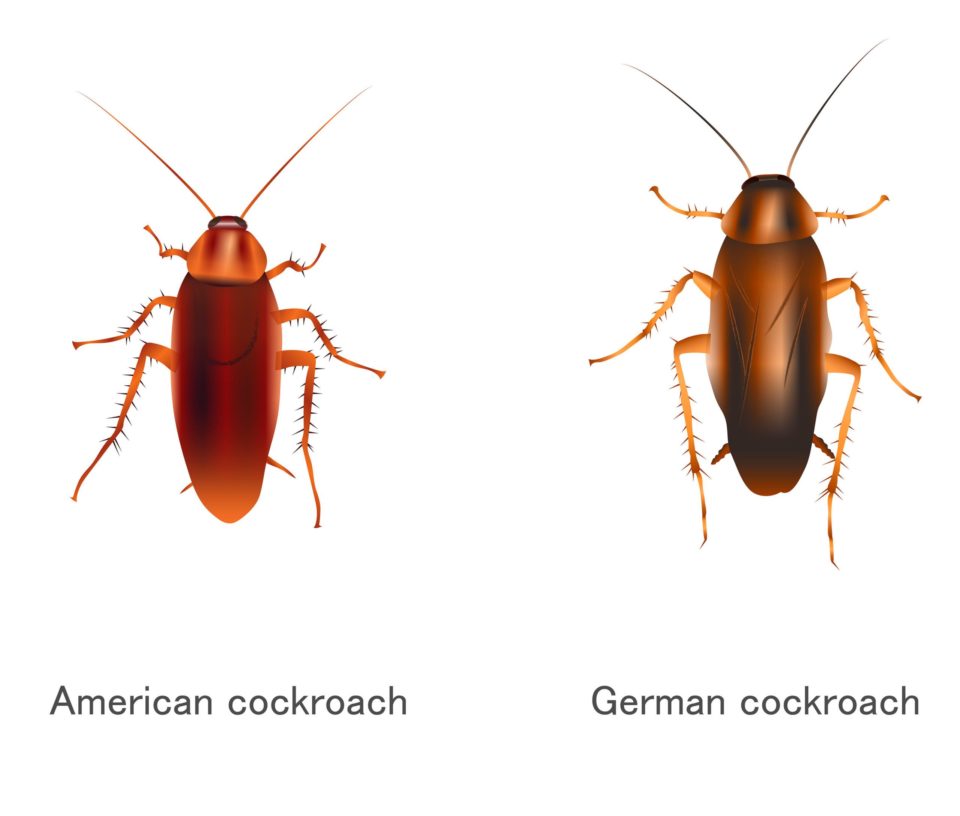
FAQs About German Cockroaches
No. While poor sanitation can worsen infestations, these pests invade even clean homes because they seek warmth, moisture, and food.
No. They have wings but rarely fly, relying mostly on running.
It’s rare, but in extreme infestations, they may nibble on exposed food or even skin.
Professional treatments are the most effective. DIY methods often fail because they don’t reach all hiding spots or address the entire colony.
With ServPest, most infestations can be brought under control in a few visits, depending on severity.
Take Back Your Home from German Cockroaches
Barnstable County, MA
Plymouth County, MA
Mon - Fri 7:00 am - 7:00 pm
Sat 8:00 am - 3:00 pm
Sun: Closed
Operation Hours: Mon-Sat: 7am - 7pm
Office: (508) 815-4842
Alternate: (508) 815-3114
info@servpest.com

